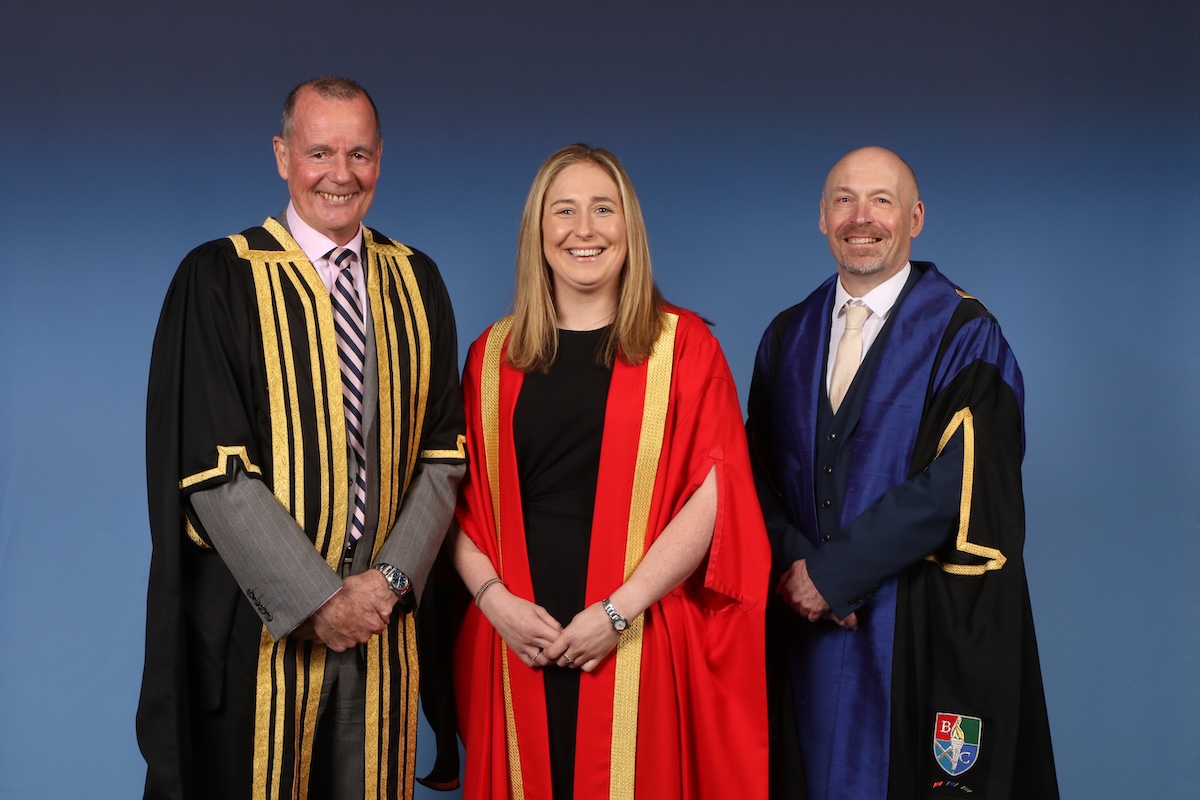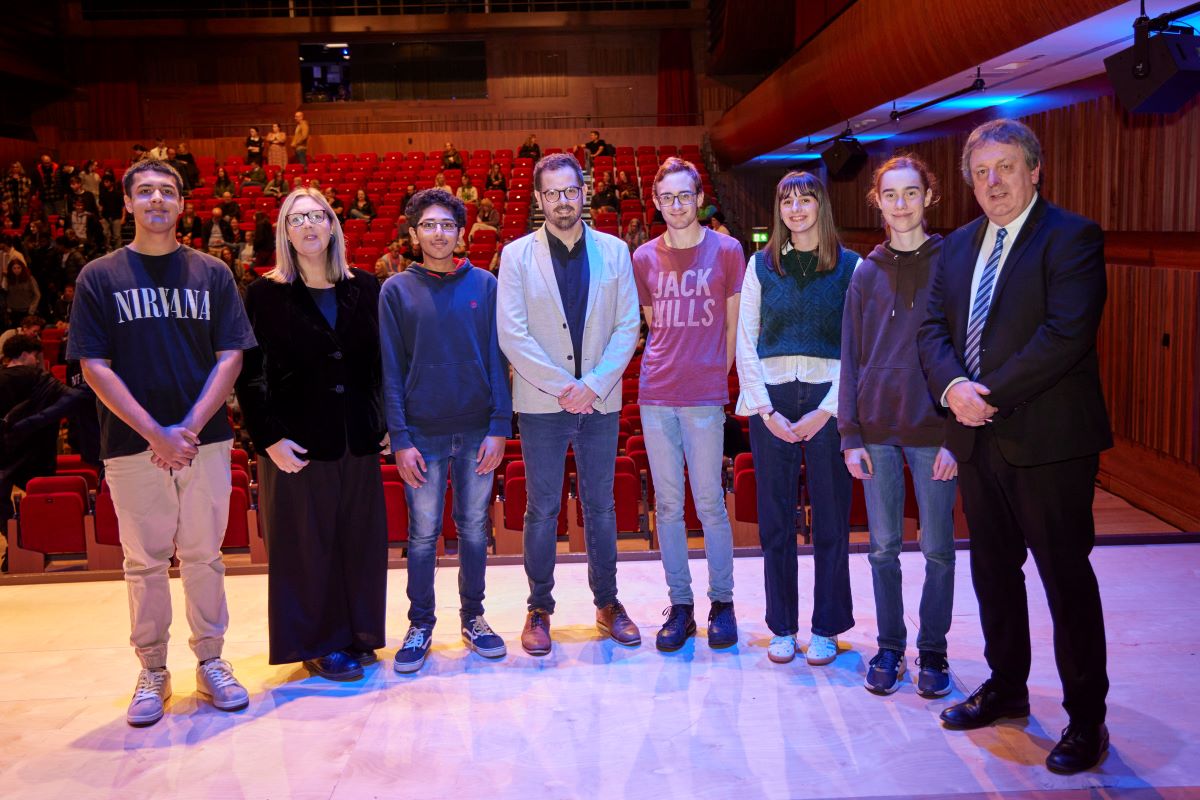Serious games: a transformative way to engage new audiences and tackle social problems head-on

As the UK and economies around the globe continue to grapple with the challenges exacerbated by Covid-19 and the cost-of-living crisis, the need for alternative, perhaps even unconventional interventions are more necessary than ever. We need every tool in our arsenal to tackle the inequalities that hold back communities and regions from reaching their full potential.
Across the UK, teams of researchers and academics are quietly leading the charge to deploy new and engaging ways of tackling some of society’s most pressing problems. Using emerging technologies such as VR (Virtual Reality), AR (augmented Reality) and games, radical new solutions are being engineered to tackle a host of social ills: health inequalities, social isolation and even childhood trauma.
Serious games, a term first coined by the American researcher Clark C. Abt to describe the concept of a game designed for a primary purpose other than entertainment. They could be employed by a variety of sectors such as healthcare, planning, engineering., education, politics and defence. They operate at the intersection of art, design, computer science, engineering, entertainment, psychology and education.
There’s a rapidly expanding research base and community exploring the multifaceted and interdisciplinary nature of serious games and their applications, whether that’s Virtual and Augmented Realities, Serious Play, Games for Learning, Games for Health, Game Design and Study. I have been privileged to have witnessed first-hand the growth of this field of study as well as the research emerging from the Joint Conference on Serious Games, of which I am Founding Chair and a member of the steering committee.
Since the 70s, games have mushroomed to provide a wealth of entertainment and pleasure pursuits for a mostly young age group. As gaming evolved and found a mass audience in the late 80s and 90s, the potential for family entertainment enabled designers and developers to create gaming experiences which brought together family and friendship groups with multiplayer and tactile extensions of the traditional gaming paraphernalia: joysticks, keyboards and controllers. Some of us may remember early advancements into educational digital technologies too, whether that was the iconic Speak and Spell, Mario’s ‘Learn to Type’ on handheld devices in the 90s or the Leap Pad and Leapster in the 2000s.
Many will remember the explosion of popularity in products like the Wii, Wii Fit and now Facebook Oculus headsets. AR and VR experiences will increasingly find their way into classrooms, homes and workplaces. In recent years, serious games too have evolved to take on a role as an enabler of new ideas and ways of accessing information, education and skills, of tackling social challenges and transforming local, regional and national economies.
Here in Falmouth, we’re committing our research muscle and creative expertise to a wider set of ambitions and goals within our county: economic resilience, a digital skills base and a more equitable, sustainable way of life for all. There are health and economic challenges here in Cornwall that in isolation can’t be tackled overnight. But serious games have a powerful role to play in mobilising support, enriching experiences and creating more engaged learners, customers and advocates.
The golden thread in all of this? The power of storytelling and the sheer impact of a visual, participatory medium. We know that when it comes to educational tools, there is no better medium than the tactile and hands-on experience of VR and AR. There is profound pedagogical value and impact to be had in creating immersive experiences and over the years, the various mediums available for storytelling have progressively expanded, from spoken to written word, then to film, and now to Virtual Reality (VR) and Augmented Reality (AR).
As narrative media products have grown, so too have studies about the application and modalities used for interactive narratives which give the user autonomy and agency in the story that is being told.
Using a raft of expertise from creative disciplines, here in Falmouth, we’re helping to future-proof educational experiences, boost health and social care provision in isolated communities and re-invigorate tourism and heritage sites after a devastatingly challenging time throughout the pandemic. We believe at the heart of this emerging field of research, there is an opportunity to address some of our region’s most pressing challenges.
An easy place to start was our work with our county’s raft of heritage and tourist attraction sites. There are many world-beating attractions here already embracing digital tools, social media and innovative new user experiences. But there are smaller attractions looking for new approaches and ideas.
So far, Falmouth University’s experts in Virtual, Augmented and Immersive technologies have worked, via the Cornwall Museums Partnership, with the museums including the Telegraph Museum in Porthcurno; the Castle Heritage Centre in Bude; St Agnes Museum; Isles of Scilly Museum and the Old Guildhall Museum & Gaol, Looe to help them embrace new technologies and tools to drive tourism and bring museum artefacts and local heritage to life. We’ve estimated that these digital innovations helped bring nearly 25,000 additional visitors a year to the five towns in which the
museums are located; driving the local economy and building on the region’s aims to sustainability re-focus tourism away from high volume areas.
Building on this work, we’re now partnering with Tongji University, one of the longest-standing and most prestigious universities in China, on a UKRI-funded project which will see us work specifically with Tremenheere Sculpture Gardens in Cornwall and a host of local garden attractions in Suzhou city, Jiangsu province.
Many of us will remember the craze for interactive family experiences which saw families join their children’s gaming worlds via Animal Crossing and Pokemon Go. We know that the Games Industry is wholly aware of the need to bring more diverse audiences into gaming – we’re bridging these two needs by working with garden attractions to develop new concepts and approaches for using VR and AR to attract diverse audiences and enhance their tourist experiences.
The pandemic too has demonstrated the need for attractions to be able to pivot between in-person and remote audiences, using digital experiences to engage audiences and build communities. There’s also an inherent and powerful ability here for tech to help shape and solidify our relationship with the local landscape and heritage around us. By creating emotive and powerful experiences, entire families can immerse themselves in culturally rich experiences and be the centre of their own story.
Beyond tourism – there’s work in development with world-leading museums to use serious games as an immersive educational tool. Researchers here in Falmouth for example are working with on narrative-driven VR experiences in association with the National Holocaust Centre & Musuem. As recent world events continue to demonstrate, there is an ongoing pressing need to tackle prejudice, intolerance and discrimination.
Now game developers like Ubisoft are leading the demand for similar immersive products, where young people step into history, using AR and VR. The developer is now teaming up with UKIE to provide more ‘Discovery Tour’ experiences, enabling children to experience what it was like during the Viking Age, in ancient Egypt or the streets of Pompeii.
Educators report the incredible power of these multi-sensory experiences – allowing children to sense the sights, the sounds of the places they visit virtually. There is undoubtedly a compelling pedagogical value to good storytelling, adding fun and competition to the learning process. But over and above the value of this as a teaching tool, serious games are now being used as therapeutic tools, too.
Last year, we announced the first collaboration of its kind in our university’s history; our creative practitioners are now working with researchers from Oxford University’s School of Psychiatry and
young people who have experienced ACE (Adverse Childhood Experiences) on therapeutics interventions and participatory approaches to tackling trauma. Perhaps creative practitioners and the medical profession haven’t (to date) always been familiar bed fellows. But there’s evidence showing that artistic interventions – and specifically games – have a transformative effect on the mental health and recovery of young people grappling with trauma.
To effectively deal with these serious issues, we must step outside traditional methods and meet young people where they are. We must work with them directly and join them in the places they feel safe, co-developing experiences where freedom of expression and play have the ability to restore confidence, engage them with others and help them feel safe and valued. The Falmouth team includes a number of lecturers and researchers with a keen interest in this area of mental health, wellbeing, co-discovery and co-design within creative practice. It’s heartening to be at the forefront of multi-disciplinary work which sees creative practice, technology and psychology come together like this.
Throughout the medical community, we’re seeing serious games deployed to fast-track medical training, educate patients about medical procedures and used as a therapeutic tool. In the US, the FDA recently approved the first use of a video game treatment for children with ADHD, which is downloadable via prescription.
As serious games, the metaverse, crypto technologies and digital currencies increasingly enter the public mindset though, it’s important that as new and emerging tech accelerates, we’re mindful that “with great power comes great responsibility”.
Pioneering new technology should symbolise opportunity for all, becoming places where people can feel safe. It is heartening to see the work taking place by research teams and digital companies across the globe to look at ways of safeguarding and implementing ‘safety rails’ in the metaverse that perhaps weren’t there for the Web 2.0 era.
For metaverse and the field of serious games in particular, the immersive, educational and medical opportunities are rife, helping to advance knowledge, enrich creative pursuits and – let’s not forget – to tell really great stories and share them widely…












Responses